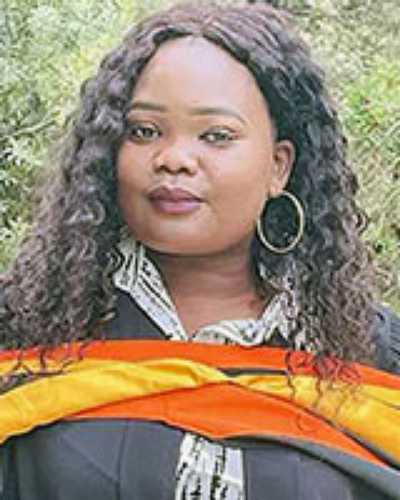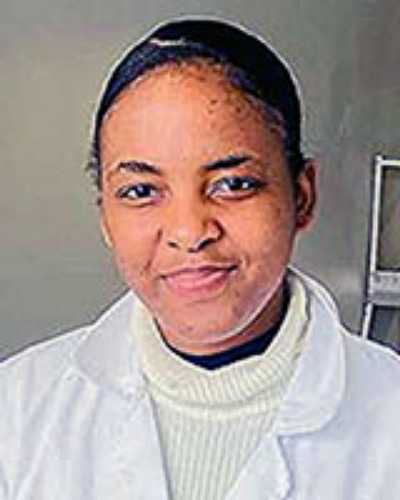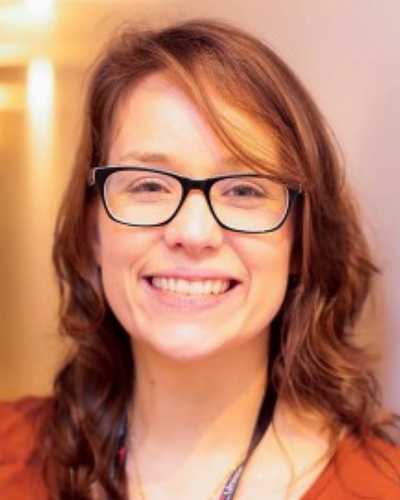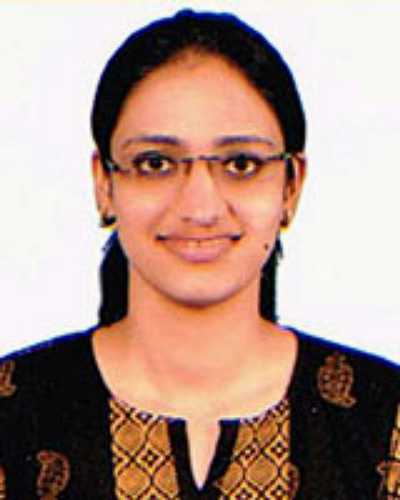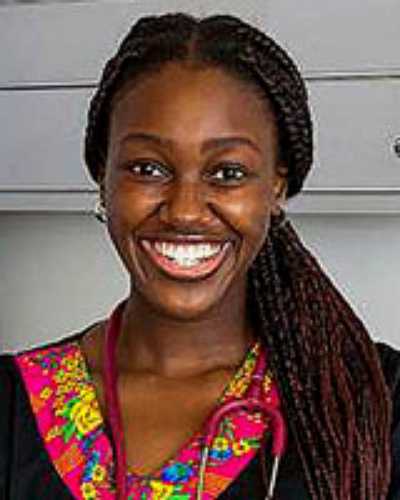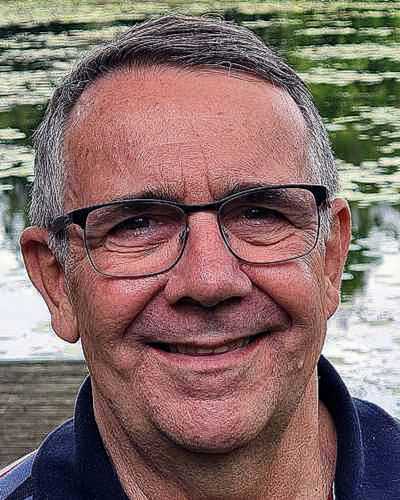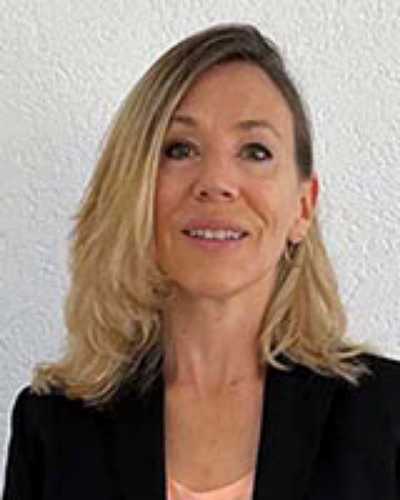Now published, see the full article 
Early Abstract:
Introduction: Globally, most countries struggle to meet the health needs of rural communities. This has resulted in rural areas performing poorly when compared to urban areas in terms of a range of health indicators. There have been few coherent, or systematic strategies that target rural communities and address their needs within the rural context. Rural proofing, defined as the systematic application of a rural lens across policies and guidelines to ensure that they speak to these health needs, seeks to address this gap. The healthcare professionals (HCPs) who will be called upon to advocate for and lead the implementation of rural proofing efforts are those currently in training or early career stages. We thus sought to understand the perspectives of young HCPs regarding the concept of rural proofing.
Methods: The study adopted an interpretivist paradigm. Data were collected using semi-structured individual interviews and focus group discussions (FGDs). Selected HCPs who are in leadership in Rural Seeds, a movement for young HCPs, participated in the study. FGDs in the form of Rural Seeds Cafés were led by some Rural Seeds leaders who participated in the interviews and who showed interest in organising the discussions. Eleven exploratory interviews and six FGDs were conducted using Zoom. HCPs where from the following regions: Australia, Europe, Africa, North America, South America, and Asia. Interviews and FGDs were conducted in English, recorded, and transcribed verbatim. Thematic analysis was then undertaken.
Findings: Participants perceived the state of rural healthcare globally to be problematic. Access to care was seen as the most significant issue in rural healthcare, associated with the challenges of lack of equity in access, and limited funding and support for healthcare professionals and their career pathways. Despite varying understanding of the concept, rural proofing was seen to be of great value in improving rural healthcare. A number of ideas for applying rural proofing, with examples, were proposed from their perspectives as frontline healthcare providers. They particularly recognised the importance of addressing the local needs of rural communities and the needs of present and future HCPs. Implementation of rural proofing was seen to require the involvement of key stakeholders from a range of sectors at multiple levels.
Conclusions: Given the state of rural health, young rural HCPs suggest that rural proofing strategies are needed as they have the potential to bring about equity in the delivery of healthcare in rural and remote communities. These strategies will assist in creating a more positive future for rural healthcare worldwide and motivate young HCPs to become involved in rural healthcare, as well as to increase their motivation to take an interest in health policy development. These strategies need to be applied at multiple levels, from the national government to local contexts. It is also seen to be critically important to involve multiple levels of stakeholders, from politicians to healthcare providers and community members, in the process of rural proofing.


